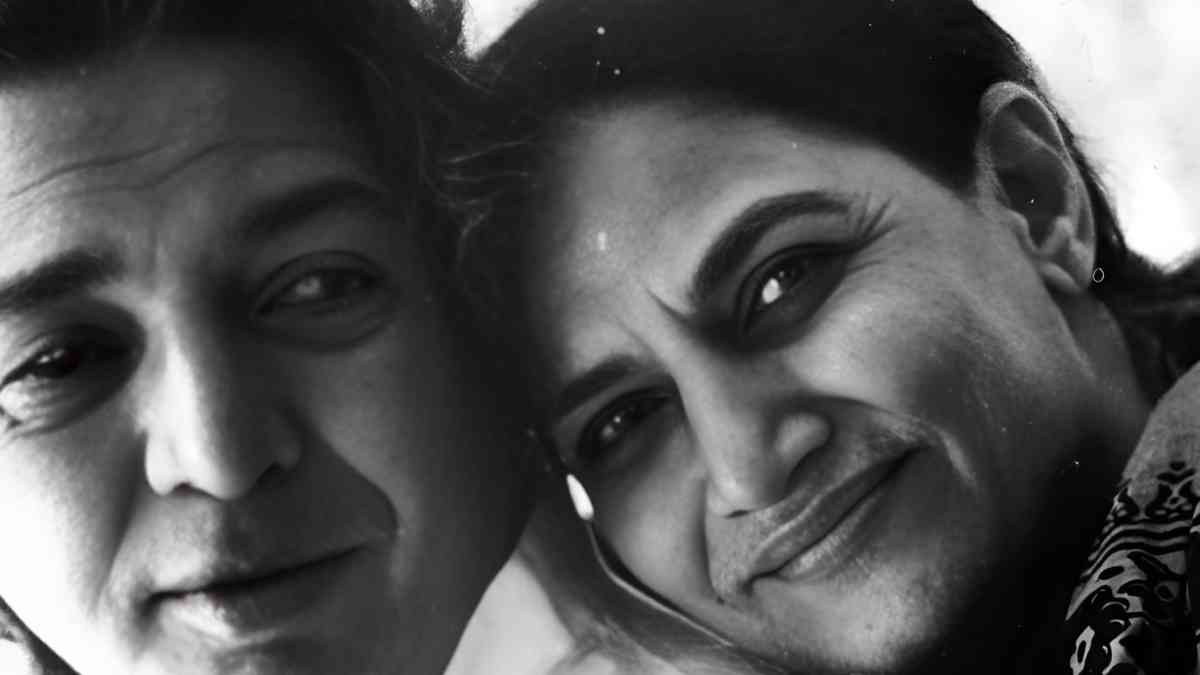Kaifi Azmi is celebrated as one of India’s greatest poets and a legendary Bollywood lyricist. He gave us unforgettable songs such as the patriotic anthem Kar chale hum fida jaan-o-tan sathiyoon (from Haqeeqat, 1964) and the soul-stirring Tum itna jo muskara rahe ho (from Arth, 1982). While most remember him as a poet who dominated the 1950s and 1960s as one of the most sought-after lyricists, very few know that Kaifi Sahab also stepped into cinema—not as a writer, but as an actor.
On his birth anniversary, January 14, Glamsham.com pays homage to this literary giant and recalls the only film in which he appeared on screen, and the reasons that led him to accept the role.
Kaifi Azmi made his first and only screen appearance in Naseem (1995), directed by Saeed Akhtar Mirza and produced by the NFDC. The film, set against the backdrop of the Babri Masjid demolition, focused on communal harmony and the erosion of India’s secular fabric.
Kaifi Sahab played the role of an elderly, patriotic man who shares a tender bond with his young granddaughter. Through stories, he narrates to her the spirit of unity and brotherhood he had witnessed during the pre-Independence era. As communal riots erupt in the present, his character struggles with helplessness and sorrow at seeing the nation divided.
Director Saeed Akhtar Mirza was insistent that only Kaifi Azmi could embody this role, given his lifelong commitment to secularism and humanism. In interviews, Mirza recalled, “Kaifi Sahab suited the character to a perfect T. I was determined to cast him, though he initially refused. Convincing him was not easy, but I eventually succeeded.”
Kaifi Azmi himself confessed that acting was never on his mind, especially at the age of 75. Yet, he was moved by the subject of the film. “At first, I declined. But later I agreed because of the film’s message of communal harmony and brotherhood. All my life, I have stood for secularism and, through my poems, tried to create unity. This film was an extension of that.”
Years later, Kaifi Azmi’s daughter, actress Shabana Azmi, recalled how deeply personal Naseem was to him. Watching her father on screen, she felt he wasn’t merely acting—he was living the role. His eyes, filled with both warmth and pain, reflected his lifelong ideals. She described the film as almost prophetic, capturing his anguish at the growing communal divide in society. For Shabana, Naseem became not just a film, but a cinematic extension of her father’s poetry and philosophy.
Naseem remains memorable not only for its poignant storytelling but also as a rare chance to see Kaifi Azmi on screen. His presence lent the film authenticity, bridging poetry and performance, literature and cinema.
Through both his words and his brief but powerful role in Naseem, Kaifi Azmi reaffirmed his lifelong message: that love, unity, and secularism are the true soul of India.

